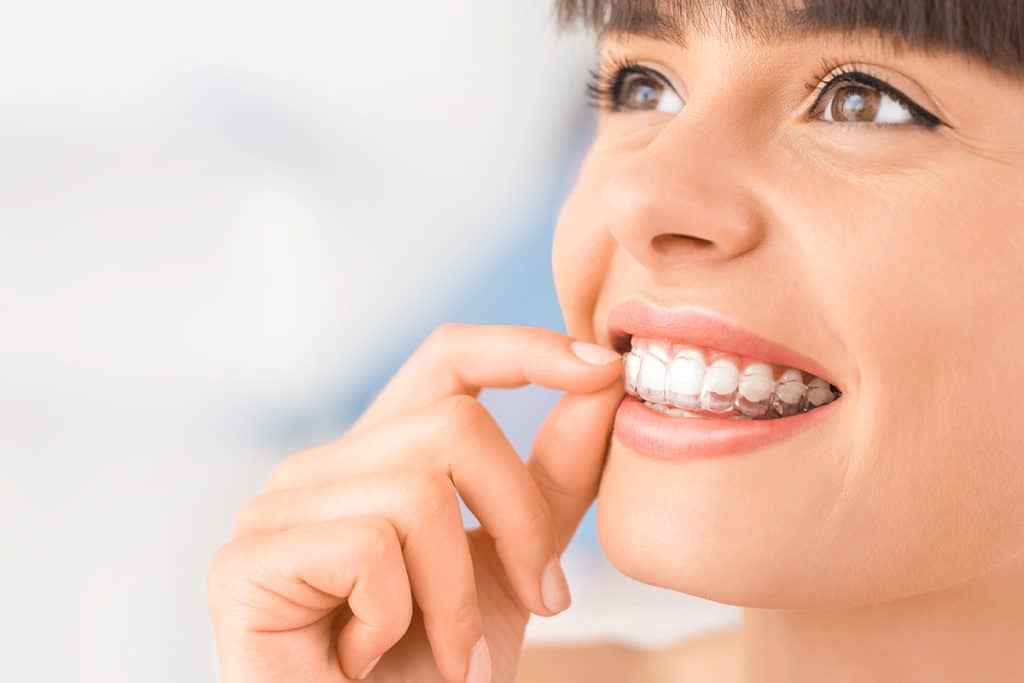How Common Is Bruxism?

Bruxism is another name for chronic teeth grinding. About 30% of the population habitually grind their teeth, and about 10% to 15% of all adults consistently experience bruxism at night.
Teeth grinding can lead to worn, damaged teeth and enamel, jaw and neck pain, headaches, and facial pain. Bruxism can also damage dental restorations, cosmetic dentistry work, and implants. Fortunately, dentists have strategies to relieve this increasingly common condition, including prescribing custom-made mouthguards and helping patients modify their behavior.
Causes of Bruxism
Stress and Mood Factors
People who feel distress, tension, depression, and nervousness are more likely to grind their teeth.
Genetics
Genetic factors can determine whether a person has bruxism.
Alcohol or Caffeine Consumption
If a person consumes alcohol or caffeine, it could lead them to grind their teeth.
Smoking
Smoking or using nicotine in any form increases the risk of bruxism.
Medications
Certain prescriptions like antidepressants, anti-seizure, and ADHD medications could worsen teeth grinding.
Consequences of Bruxism
Chronic teeth grinding can cause tooth damage, jaw soreness, headache, and facial pain.
If you grind your teeth to excess, they may wear down, damaging the enamel and weakening it to the point where you experience periodontal disease and tooth loss. You could fracture or crack teeth, requiring new implants or crowns. For these reasons, seek bruxism treatment promptly without waiting for the condition to cause additional problems.
Diagnosing Bruxism
If you believe you grind your teeth, your dentist can diagnose your condition using a physical exam. They will examine your teeth, muscles, and temporomandibular joints (TMJs) for signs of the condition. Report all related symptoms to your dentist so they can reach an accurate diagnosis. You may require a sleep study ordered by your primary care physician and dentist for sleep bruxism.
Management of Bruxism
If you have bruxism, you may worry that it is an unbreakable habit that will continue to cause tooth damage and discomfort. However, dentists have several options to help you feel better.
Behavioral Changes
Your dentist can help you properly hold your lips, tongue, and teeth. They may instruct you to rest your tongue so the lips stay closed and the teeth stay apart.
Medication Changes
If your medications cause bruxism, you may need to change your formulation or brand.
Mouthguards
Your dentist can prescribe a custom-made mouthguard or oral splint that holds your jaw in the proper position during sleep. A mouthguard from the dentist is superior to an over-the-counter model.
Stress Relief
Many patients with bruxism find relief after taking the time to reduce stress in their lives. Meditation, yoga, concentrating on getting proper sleep, and cutting back on alcohol, tobacco, and caffeine can help.
Call Leading Edge Specialized Dentistry
If you have any of the symptoms listed above, talk to your dentist about treatment options. They can relieve your discomfort and protect your teeth from further damage.

